Pipe And Tubing Fence
Pipe And Tubing Fence
What Type Of Pipe Is Used For Fencing?

There are a variety of types of pipes that can be used for fencing. The most common type of pipe is galvanized steel, but PVC and other types of plastic pipe can also be used. Each type of pipe has its own advantages and disadvantages, so it is important to choose the right type of pipe for your particular fence project.
Galvanized steel pipe is the most common type of pipe used for fencing. It is strong and durable, but it is also susceptible to rust. PVC pipe is less likely to rust, but it is not as strong as galvanized steel. Other types of plastic pipe, such as polyethylene pipe, can be used for fencing, but they are not as common.
When choosing the right type of pipe for your fence, it is important to consider the climate in which the fence will be installed. If the fence will be exposed to weather extremes, such as high winds or heavy rain, a galvanized steel pipe may be the best choice. PVC pipe is a better choice for fence projects in areas with milder climates.

How Far Apart Are Posts On A Pipe Fence?
Pipe fence posts are typically set 8 feet apart. This allows for plenty of stability for the fence, while also allowing you to save on materials.
Benefits Of Commercial Pipe And Tubing Fence
Aesthetics
Pipe and tubing fences are available in a variety of colors and styles. This allows you to find the perfect look for your home or business.
Strength
Pipe and tubing fences are built to last. They are made from high-quality materials that can withstand heavy winds and other harsh weather conditions.
Durability
Pipe and tubing fences are extremely durable. They will not rot, warp, or crack over time. This makes them ideal for both residential and commercial applications.
Low Maintenance
Pipe and tubing fences are very low maintenance. They do not require painting or staining like other types of fences. Simply hose them down occasionally to keep them looking new.
Security
Pipe and tubing fences can provide a high level of security for your home or business. They are difficult to climb and offer a deterrent to potential intruders.
How Strong Is A Pipe Fence?
An average pipe fence post has a tensile strength of 42,000 psi. This means that the average pipe fence can withstand 4,200 pounds of force per square inch before it breaks. This is much stronger than most other types of fencing, which is why pipe fencing is often used in high-security areas.
Pipe fencing is also very durable. It is not susceptible to rotting or insect damage like wood fences are, and it can withstand weathering and other types of wear and tear. This makes pipe fencing an excellent choice for areas that see a lot of bad weather or for fence lines that need to be particularly tough.
Pipe fencing is also relatively low maintenance. Once it is installed, there is no need to paint or stain it like there is with wood fencing. This can save you a lot of time and money over the life of the fence.
If you are looking for a strong, durable, and low-maintenance fence, pipe fencing is an excellent choice. It will hold up well to whatever you throw at it and will look great for years to come.
What Size Pipe Is Used For A Pipe Fence?
A pipe fence is usually made with a galvanized steel pipe. The most common size of pipe used for a pipe fence is 2 3/8 inches in diameter. However, other sizes can be used depending on the needs of the fence.
We're Ready To Work For You
Get A Free Estimate
Pipe and tubing fences offer many benefits over traditional wood or chain-link fences. They are more durable and require less maintenance, making them ideal for commercial applications. Additionally, pipe and tubing fences can be customized to fit any space, while still providing the same level of security and privacy as a more traditional fence. If you are considering a new fence for your business, at 22 Fence Company, we offer a free estimate! Call us today!

